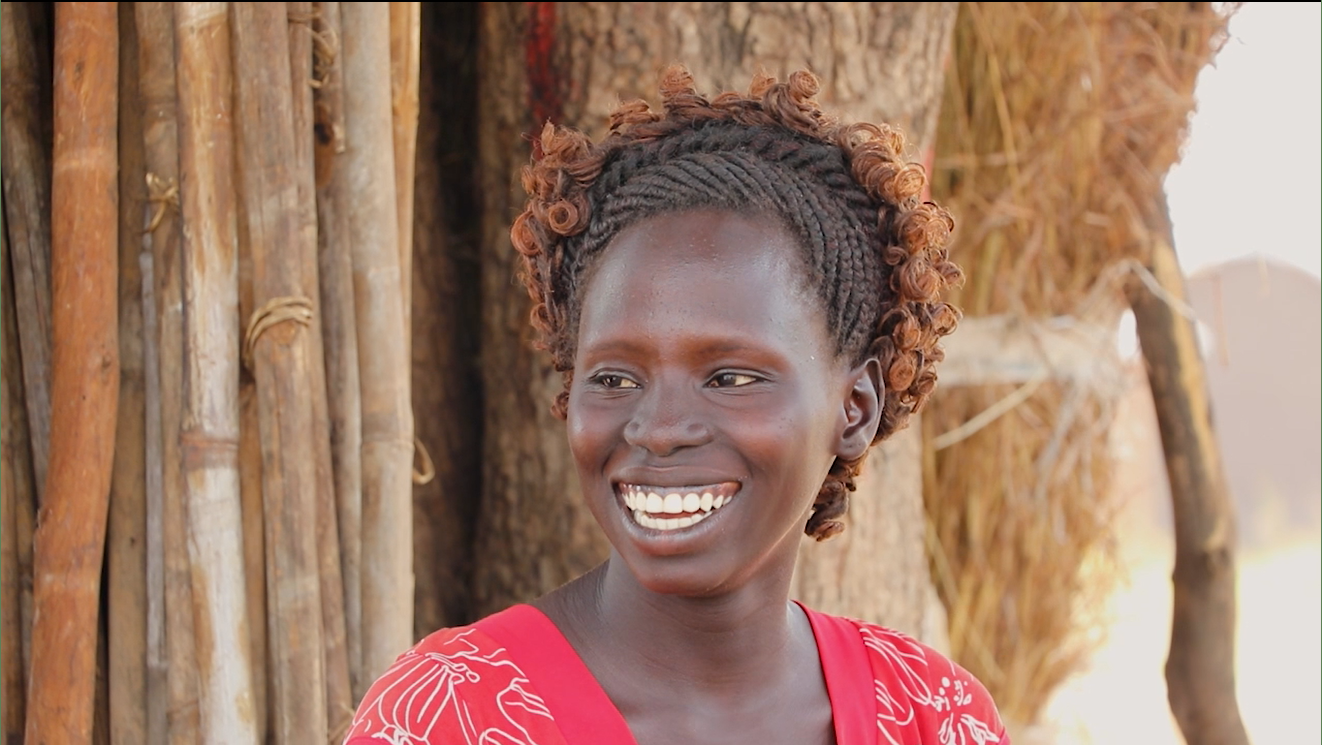This project is a unique collaboration in Uganda, between the Red Cross and Vi Agroforestry, that improves the health of vulnerable refugees and farmers, and secures access to drinking water, sanitation and food, thereby increasing their nutrition and their livelihood options. The project is characterised by innovation and strives to contribute to solving an acute problem that poses great challenges for these communities and that challenges the entire Ugandan society.
Among East African countries, Uganda has received the largest number of refugees since 2013 from its conflict-affected neighbour South Sudan. The total number of refugees from South Sudan who are currently in Uganda is just over one million. This number continues to grow as the conflict goes on. Receiving this number of refugees is a great strain on both society and the environment since available resources need to be allocated and be sufficient for many more people. Logging is taking place at an increasing rate, due to the increased need for firewood. This has a significant negative impact on the fertility of the soil and impairs the livelihoods of the people. The local population in this part of the country is largely poor and face challenges that concern livelihood, food, health and degradation of the environment from which they make their living. Therefore, it is important that the project is designed to meet the needs of both refugees and local people.
This is vital for building a sustainable society over time, and to reduce the risk of tension between local people and refugees. The conflict that drives people to flee from South Sudan continues and is unlikely to be resolved in the foreseeable future. Currently, around 700 South Sudanese refugees arrive every day in the West Nile Region of Uganda. Palorinya Refugee Settlement, in Moyo District, is the focus area of the project. Palorinya has in recent years evolved into a densely populated settlement where refugees now have permission to settle permanently. Today over 180,000 refugees, divided into 30,000 households, live here. The refugees live with substandard water and sanitation provision, and the situation is unsustainable from a long-term perspective. Due to temporary and insufficient water and sanitation, the risk of disease is very high. Women and children (many of whom are unaccompanied) are especially vulnerable to abuse when accessing communal latrines, that are often poorly lit. There is a great need for improved water and sanitation as well as hygiene education among both refugees and the host community.
Another very serious problem in this district, but also in Uganda in general, is the negative impact on the environment caused by a lack of knowledge of agroforestry. In the absence of alternative modern fuels, many people, including refugees, are forced to cut down large areas of forest and other vegetation for cooking fuel, which depletes the soil and threatens livelihoods in the area. This rapid deforestation poses a major threat to the ecosystem in the area. Raising the knowledge among both refugees and the local population, as well as the provision of simple and inexpensive alternatives, is very important to promote sustainable resource use in the area.
Furthermore, knowledge of sustainable agricultural land management practices is insufficient among the refugees, as they have not previously had such a small area to use, and many of them do not have previous experience as farmers. Even among the local population, there is a need to improve and adapt methods to increase food security. A challenge for residents in the community is the limited availability of economic opportunities such as savings and loan opportunities, to enable different types of investment that increase the chances of improved financial security. Up until now, refugees have received humanitarian aid, covering food, water and necessities as well as publicly placed basic sanitation. Long-term solutions are required to enable the refugees to establish themselves and to contribute to a sustainable society. Integration is made possible through, among other things, voluntary membership of the Moyo farmers’ organisation, where training and goods needed for sustainable agricultural development are provided to its members at the group level.
Project Objective
The purpose of PREP is to develop a model that contributes to creating sustainable communities, with improved living conditions for refugees in Palorinya settlement and in nearby host communities, through participation, exchange of knowledge and integration. This will build resilience and self-confidence both among refugees and host communities. The model is based on the unique collaboration between the Swedish Red Cross and Vi Agroforestry, our specific competencies, methods and our cooperation with local organisations (the Uganda Red Cross Society and Moyo District Farmers´ Association). The model aims to create mutual learning, where the jointly recruited resource persons (‘community champions’) spread knowledge and provide support from a holistic perspective, based on the needs of both refugees and hosts. The resource persons are deliberately recruited from both groups, to promote integration and counteract xenophobia. A special activity is to design recommendations for maximum utilization of the 30×30 meters plot of land during the course of the project, in consultation with the refugees, so that the plot can best meet the needs of accommodation, toilet, water for domestic use, nutritious food and firewood. Since the project is a pilot, it is important to include learning to see what works best and what needs to be adjusted. The evaluation at the end of the project will determine how the model will look when used for further dissemination in the area and in other, similar, contexts where our organisations work.
